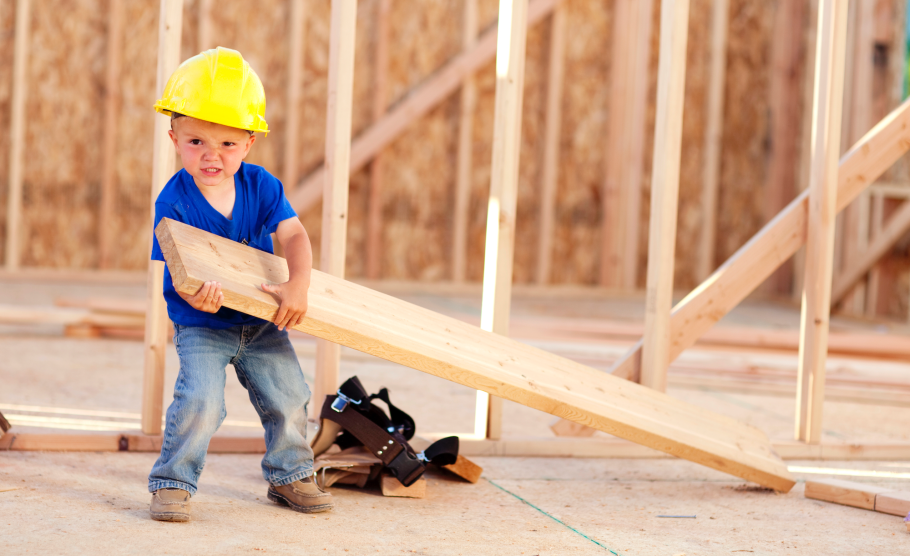[ad_1]

Getty
To exist as a guardian on Instagram is to usually stumble throughout totally different approaches to child-rearing. These are, on the floor at the least, sophisticated-sounding philosophies that sign the way you and a toddler relate to 1 one other, and maybe most critically, what degree of management a guardian ought to deploy within the course of. Every has its fierce adherents and detractors; makes an attempt to establish with one or one other are sometimes vertiginous experiences that may depart you feeling incompetent.
However as in most realms of parenting, what shines on social media is commonly botched in actual life. I attempted to recollect this and prolong some degree of grace when a lady at my native playspace, moments after her son aggressively snatched a toy truck from my toddler, acquired on her fingers and knees to inform her son, “I do know you actually need that toy and I like that. I do. However he’s somewhat man. We’ve to be good to little guys.” The lady then turned to an acquaintance and muttered one thing about being a Respectful Dad or mum, no matter that meant, whereas her son walked away with the toy truck that my child had been taking part in with seconds earlier than. My son didn’t appear to care concerning the toy although, as an alternative specializing in what the girl had simply mentioned.
I hadn’t heard of Respectful Parenting however I didn’t must so as to guess its fundamental contours; every other in-vogue parenting model might have changed it. What struck me extra, nevertheless, was the general public labeling of my son—to this girl, a stranger—and the shortage of respect inherent in describing an individual’s bodily attributes to their face. In my son’s case, it was the time period “little,” and it was used with good intention, I believe. However watching my little one, who’s on the age the place he loves calling himself a “large boy” regardless of what the expansion charts say, take within the label was no small factor—and I struggled to grasp why the qualifier was obligatory to show good habits. Would taking a toy have been acceptable had it been a bigger little one? Doesn’t such instruction, which reeks of conventional concepts of masculinity, place a misguided sympathy on smaller children? In a parenting period of respectability and gentleness, these feedback really feel out of step and admittedly, obnoxious.
And the difficulty extends far past cringe. Purple-shirting, the apply of delaying entry into kindergarten, is now commonplace. But, regardless of its growing reputation, there’s little consensus over its advantages: Our pediatrician advises in opposition to it; some research stress its pitfalls. Others have expressed horror that I’m weighing the choice due to the privilege it takes to think about it within the first place (in any case, it often entails the flexibility to pay for one more 12 months of personal little one care). That’s truthful, and I decide myself for caving to dangerous concepts about masculinity. However dumb feedback from strangers, and even household and mates—in addition to my son’s growing consciousness of them—have me caught within the inferiority our society locations on people, however particularly boys, who aren’t bodily as large as others.
As I left the playspace, a sudden anxiousness fell over me. Wait, am I the one who sucks? In any case, this was a dumb alternate at a goddamn playspace. Ought to “large boy toddlers” warrant this a lot psychological area? Perhaps my son hadn’t observed the “small” remark in any case and now I’ve projected my very own insecurities onto the poor child, guaranteeing him a way forward for insecurities. Will he discover this silly submit years later and use it as proof that I’ve ruined him? Now, what model of parenting is that?
[ad_2]
Source link



